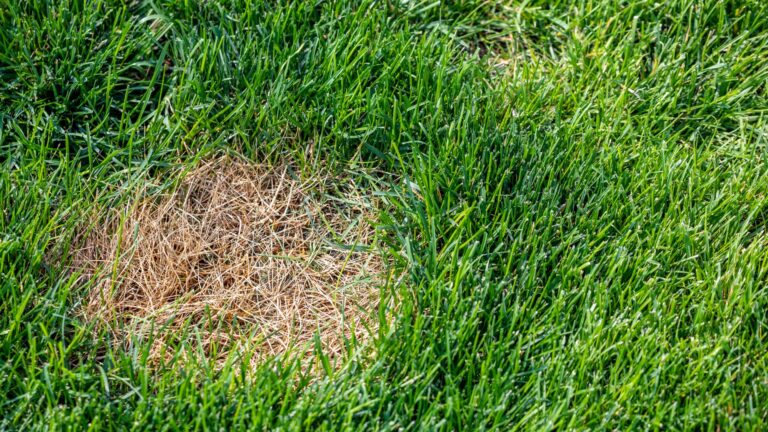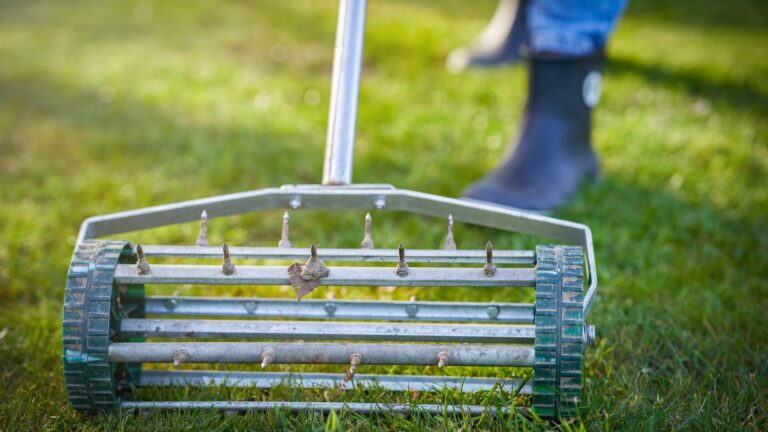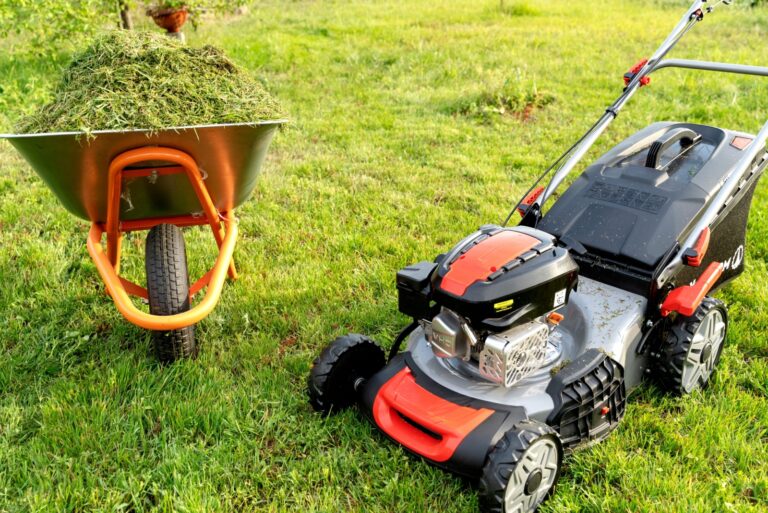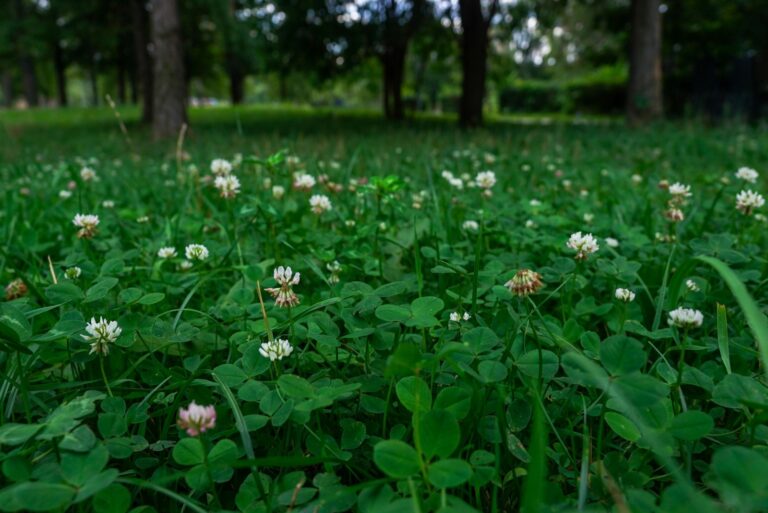This Simple Pre-Winter Mowing Step Can Boost Your Spring Lawn In Massachusetts

As fall winds down in Massachusetts, your lawn needs one last important task before winter arrives. Dropping your mower deck to a lower setting for that final autumn cut might seem like a small change, but it makes a huge difference come springtime.
Your grass will thank you when warmer weather returns, and your neighbors will wonder how your yard looks so healthy and green.
1. Prevents Snow Mold From Taking Over
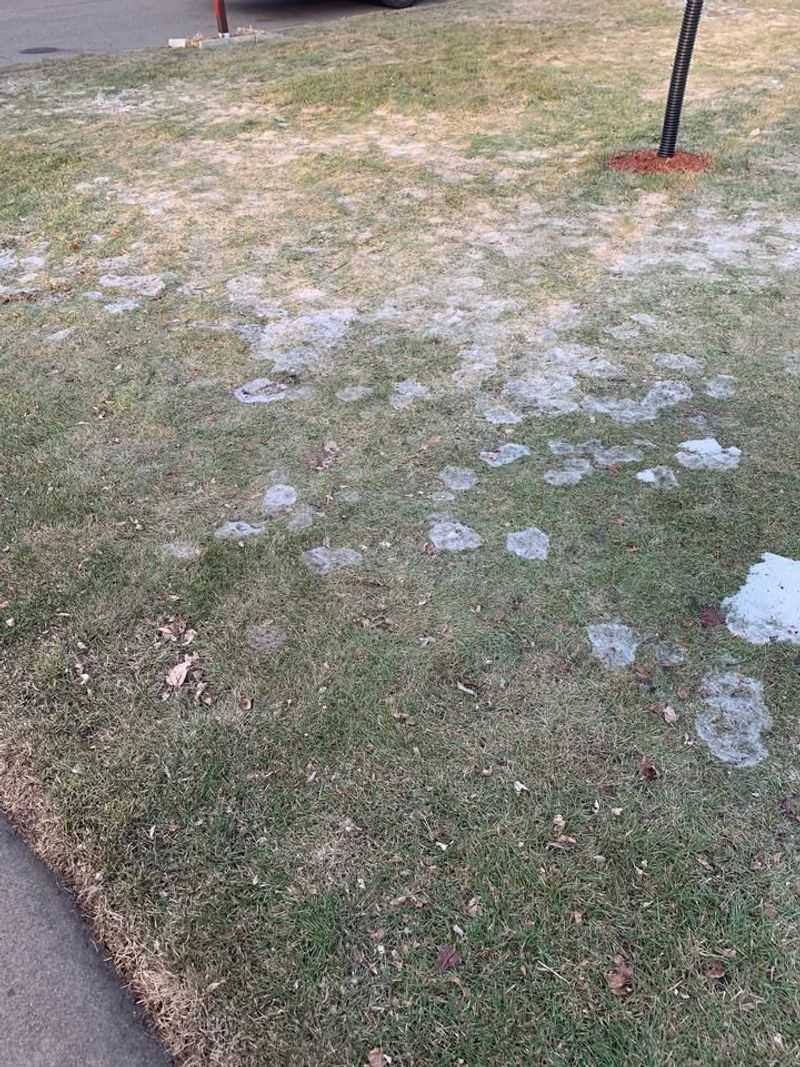
Long grass blades lying flat under heavy snow create the perfect breeding ground for fungal diseases. When moisture gets trapped between those matted-down blades, snow mold spreads quickly and leaves ugly brown patches everywhere.
Cutting your grass shorter before winter lets air circulate better underneath snow cover. Massachusetts winters dump plenty of the white stuff, so giving your lawn a fighting chance against fungus really pays off when spring arrives and you want a healthy green yard again.
2. Stops Matting That Smothers Grass Roots
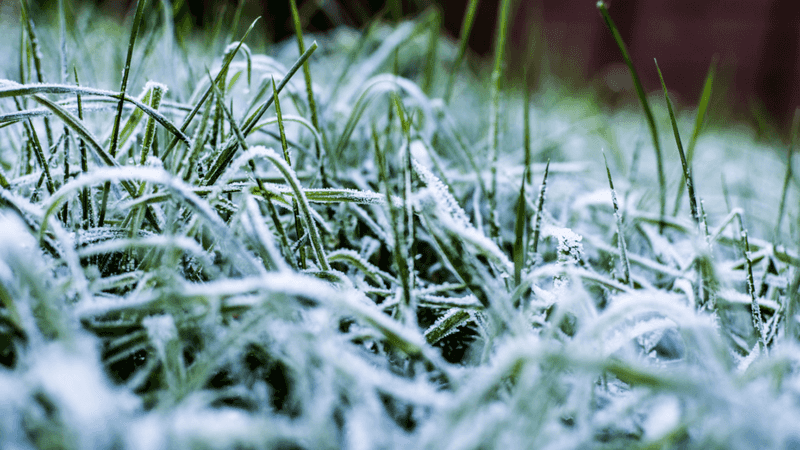
Picture a thick blanket pressing down on your lawn all winter long. Tall grass gets pushed flat by snow and ice, forming a dense mat that blocks sunlight and oxygen from reaching the soil below.
Your grass roots need to breathe even during cold months in Massachusetts. By trimming shorter in late fall, you prevent that suffocating layer from forming. Come March and April, your turf wakes up stronger because it stayed healthier underneath, ready to grow thick and lush right away.
3. Reduces Pest Hideouts During Cold Months
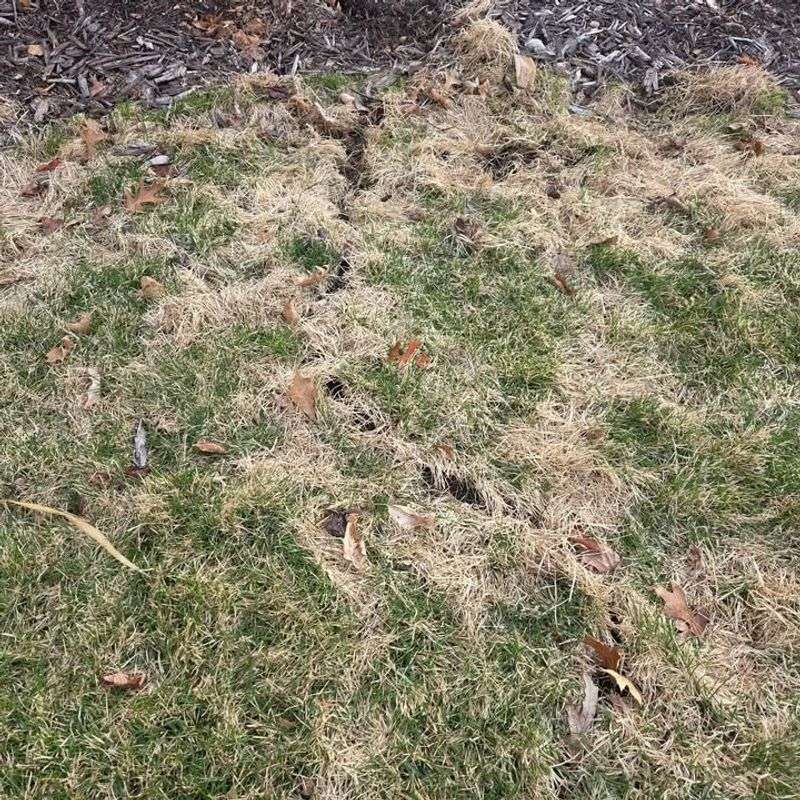
Voles, mice, and other critters love making tunnels through tall grass when snow covers everything. Those long blades give them perfect cover to munch on grass crowns and roots without any predators spotting them.
Shorter grass means fewer hiding spots for these hungry pests. They prefer areas where they feel safe and concealed, so a lower mowing height makes your Massachusetts yard less appealing. You will notice fewer damage trails crisscrossing your lawn when the snow finally melts away in spring.
4. Allows Sunlight To Reach The Crown

Every grass plant has a crown where new growth starts from the base. When grass stays too tall going into winter, those crowns get shaded and weakened by their own long blades hanging over them.
Lowering your mower height exposes the crown to precious sunlight during milder winter days. Even weak winter sun helps keep the plant healthier. Strong crowns mean faster green-up when temperatures warm, giving you that enviable early spring lawn that stands out on your Massachusetts street before anyone else gets growing.
5. Makes Spring Cleanup Way Easier
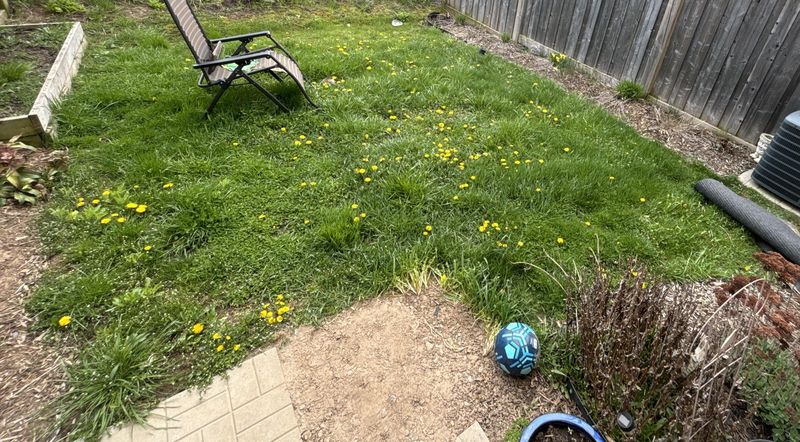
Nobody wants to spend hours raking matted, disgusting grass clumps in April. Long grass that dies back over winter creates a thick thatch layer that you will need to remove before your Massachusetts lawn can really take off.
Starting with shorter grass means less dead material to deal with when spring cleaning begins. You can skip the heavy raking and get right to fertilizing and enjoying your yard. Your back will definitely appreciate the reduced workload, and you will have more time for other outdoor projects around your home.
6. Encourages Denser Growth Next Season
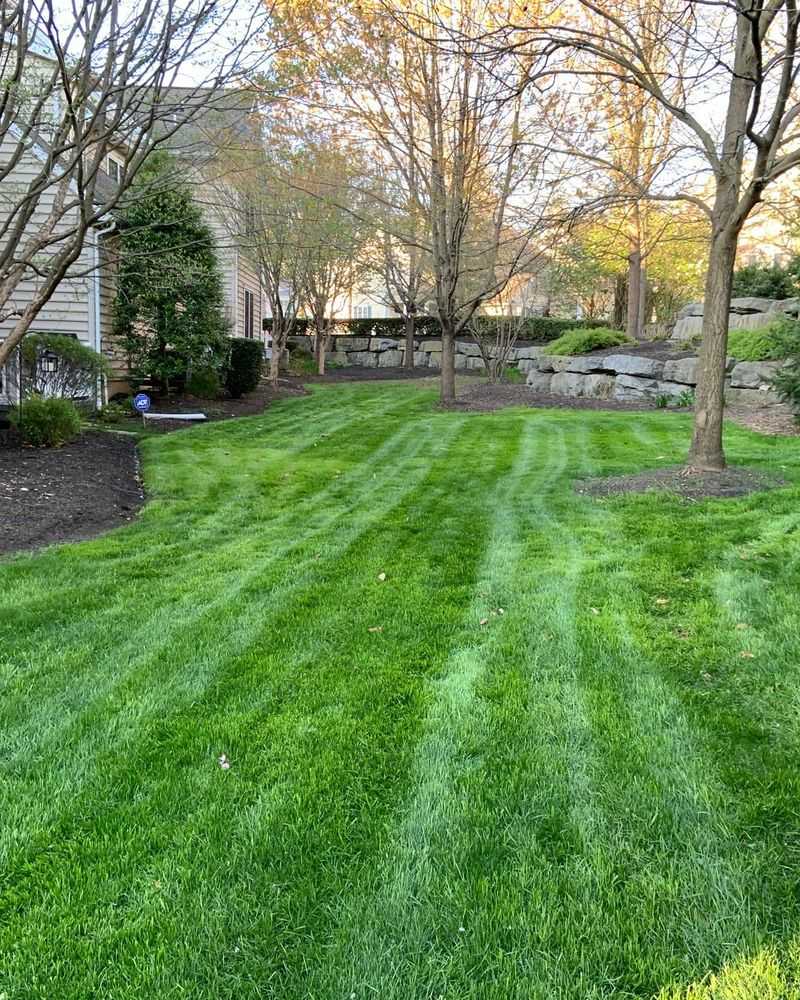
Grass plants respond to a shorter fall cut by putting energy into their root systems instead of blade growth. Stronger roots mean more resilient turf that can handle summer heat and drought better.
When spring arrives, those robust roots send up multiple new shoots from each plant. You end up with thicker, fuller grass that crowds out weeds naturally. Massachusetts lawns face tough conditions between winter salt damage and summer heat, so building that density now gives you a competitive advantage for the entire growing season ahead.
7. Prevents Disease Carryover To Spring
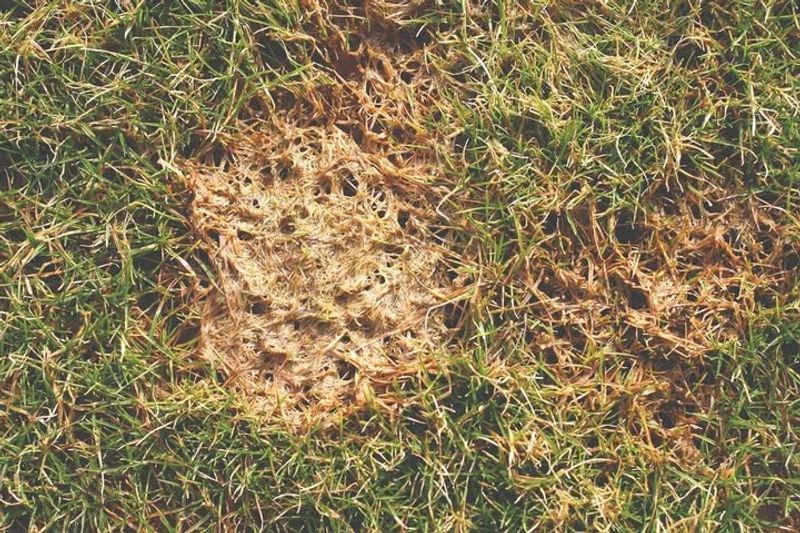
Fungal spores and disease pathogens love hiding in long grass blades over winter. When spring moisture arrives, those diseases wake up hungry and ready to attack your fresh new growth immediately.
Cutting shorter removes potential disease habitat before winter sets in. Fewer infected blades mean fewer problems when growing season starts. Your Massachusetts lawn faces enough challenges without giving diseases a head start, so this simple step protects your investment and keeps your yard looking magazine-worthy all year long without constant chemical treatments or expensive repairs.

